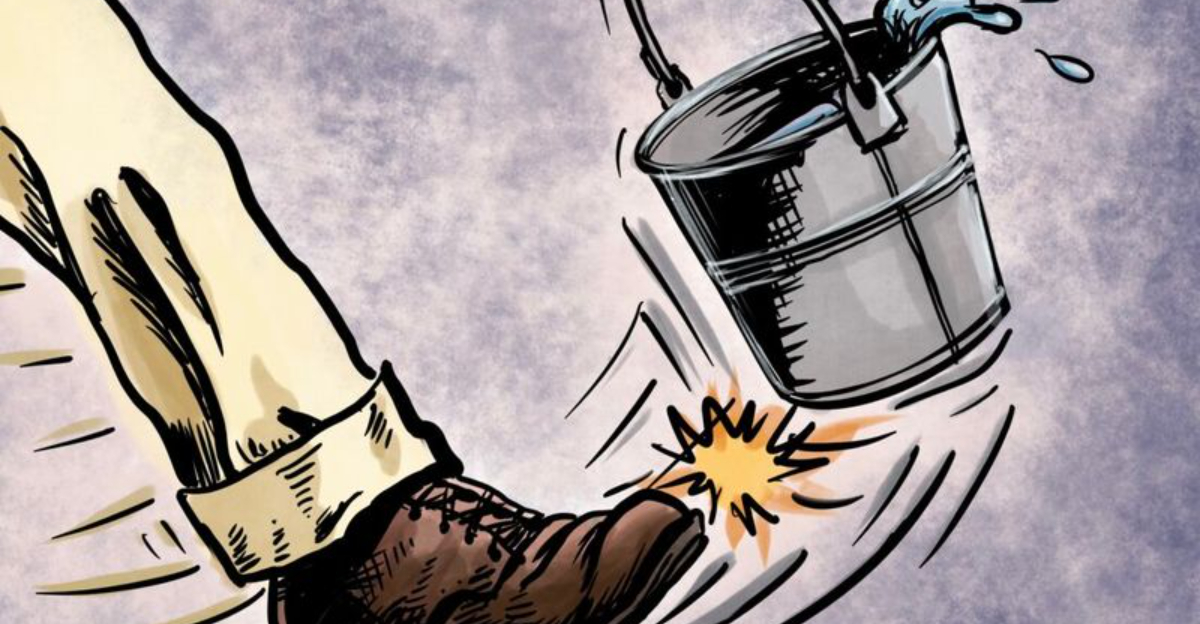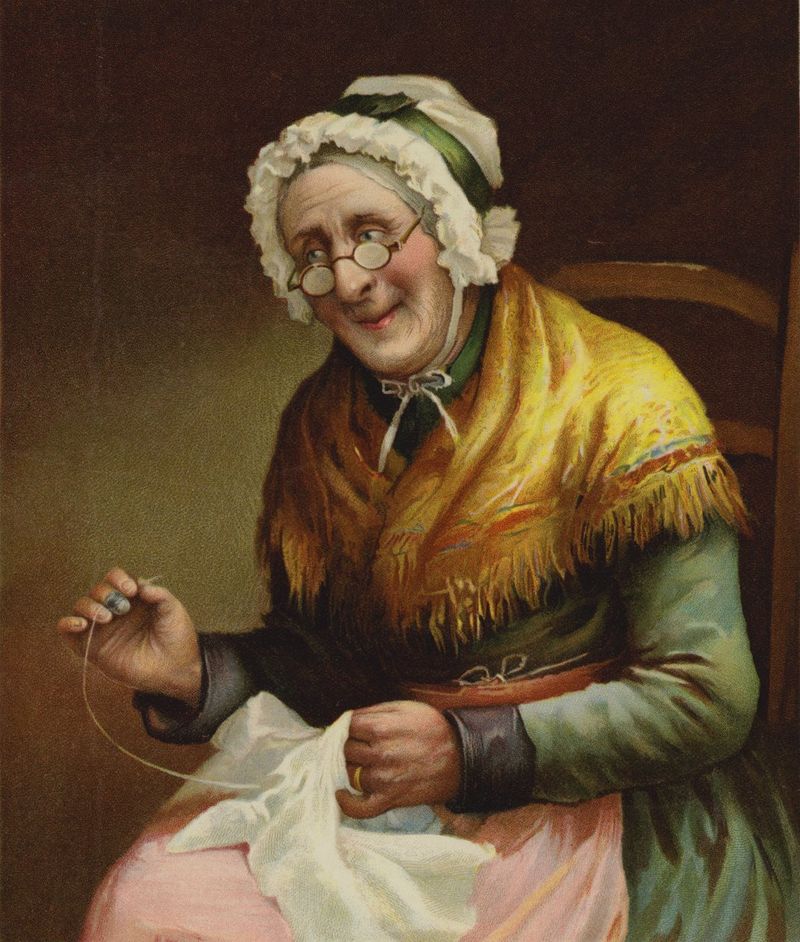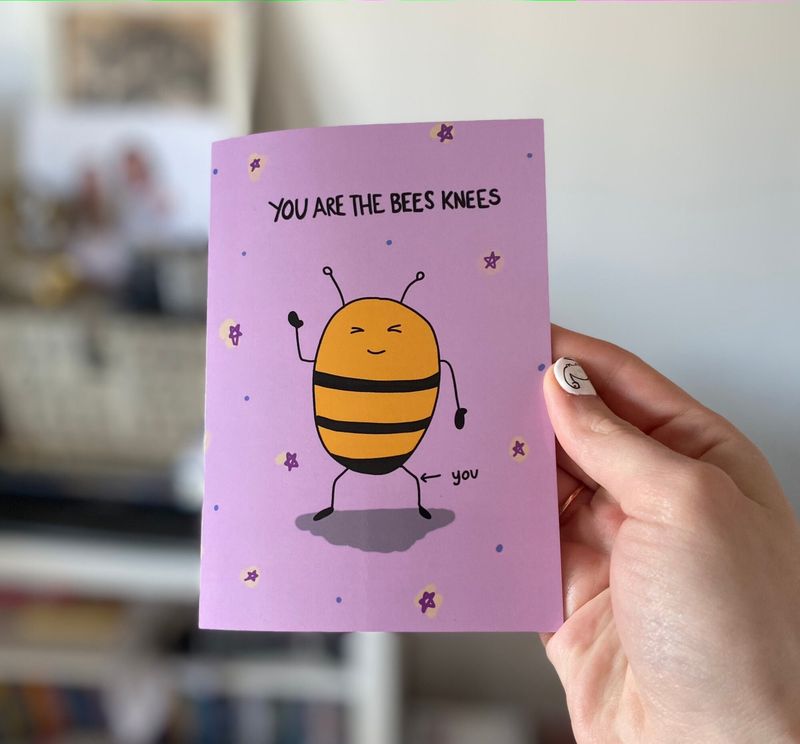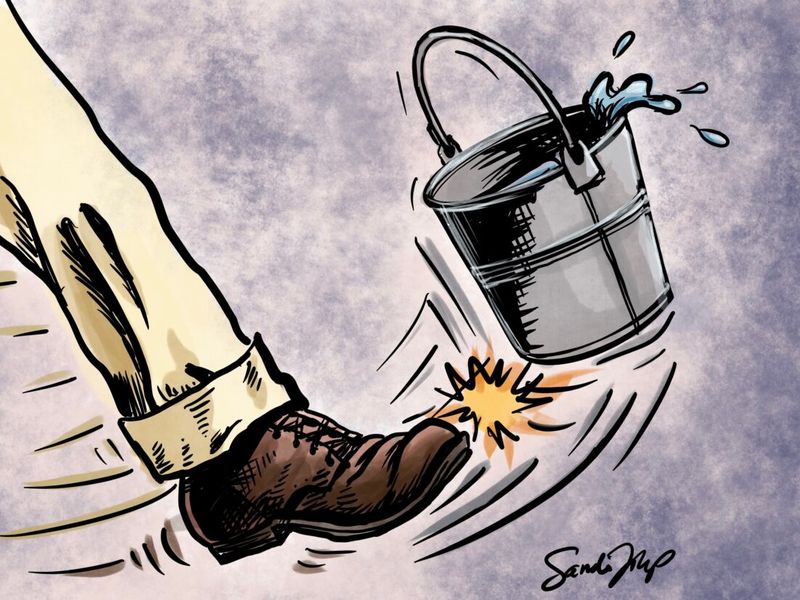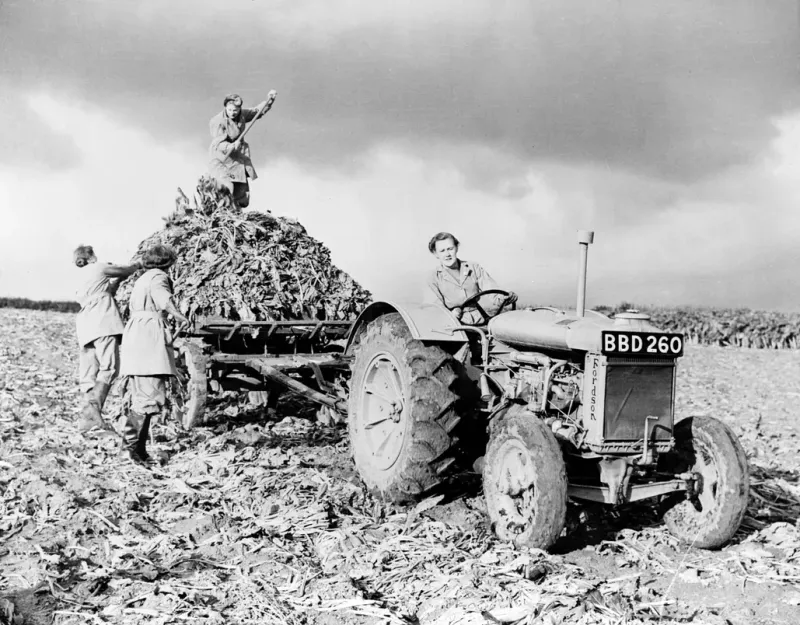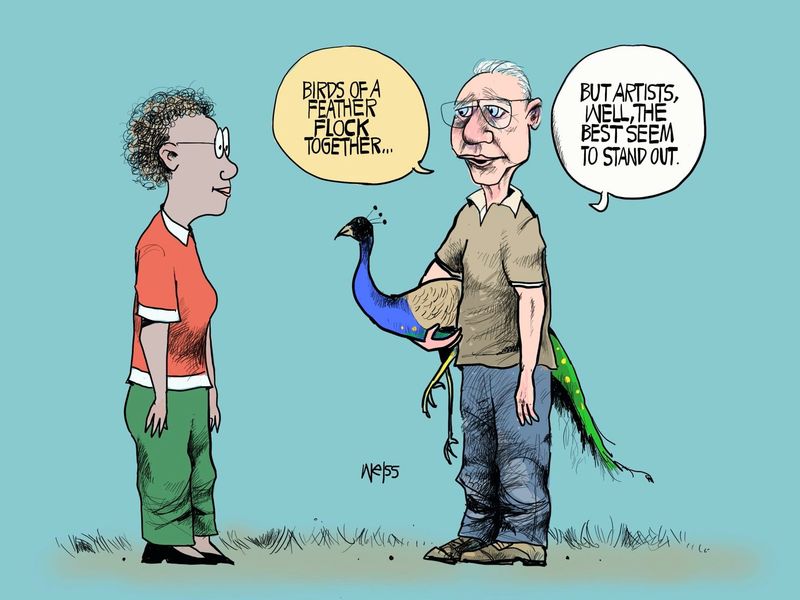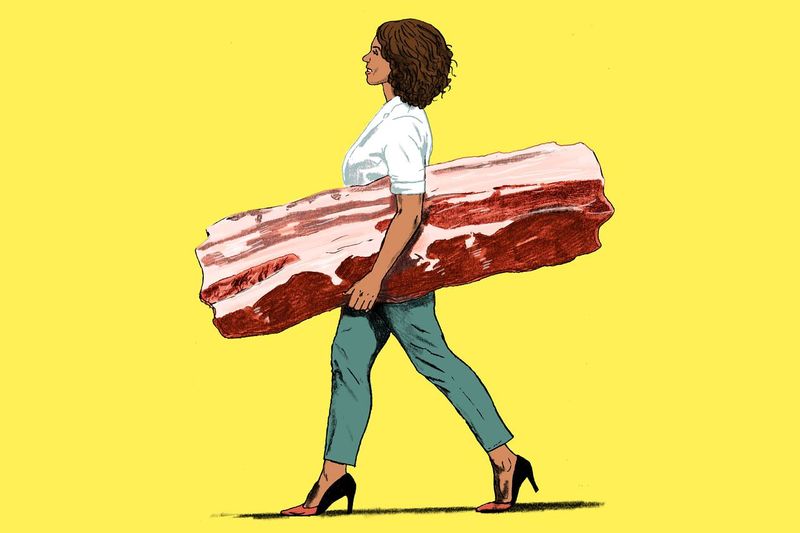In a world constantly evolving with new slang and colloquialisms, some phrases have stood the test of time, yet remain nostalgic whispers of the past. These old-school phrases hold a charm and wisdom that only the older generations truly comprehend.
As language evolves, these expressions serve as a delightful connection to history, culture, and shared experiences.
Whether you’re curious about their meanings or eager to pepper your conversations with a touch of vintage flair, here are 24 iconic old-school phrases that continue to echo through the years.
1. A Stitch in Time Saves Nine
This phrase harks back to a time when sewing was a daily necessity rather than a hobby. It suggests addressing a problem early saves more work later.
Imagine a small tear in a garment—by fixing it immediately, you prevent it from growing, thus saving you from stitching a larger area.
In essence, it’s about the efficiency of timely intervention.
Older generations appreciated the value of foresight in both personal and professional spheres, a wisdom passed down through this simple yet profound adage. It’s a reminder that proactive measures are often the most efficient solution.
2. Burning the Midnight Oil
Long before the advent of electricity, people relied on oil lamps for light when darkness fell. To “burn the midnight oil” means to work late into the night, a practice familiar to many in the past, especially students and scholars dedicated to their studies.
This phrase evokes an image of dedication and hard work, making it an endearing nod to those who’ve spent countless hours in pursuit of knowledge or tasks.
While modern technology provides other means, the essence of commitment and perseverance captured in this phrase hasn’t dimmed over the years.
3. Close, But No Cigar
In the early 20th century, cigars were often given as prizes at carnivals and fairs. The phrase “close, but no cigar” describes situations where someone nearly succeeds but falls just short of the desired outcome.
It’s a playful reminder that near success is not the same as complete victory. This expression is rooted in the experiences of earlier generations who frequented such events, offering a glimpse into past leisure activities.
Today, it serves as a lighthearted way to acknowledge efforts that don’t quite hit the mark but are worth celebrating nonetheless.
4. Let the Cat Out of the Bag
This colorful phrase means to reveal a secret, often unintentionally. Its origins are debated, but one theory suggests it comes from a bygone marketplace scam involving substituting a cat for a piglet in a sack.
Unveiling the cat instead of the expected piglet meant the secret was out. For older generations, this saying served as a cautionary tale about trust and vigilance.
Today, it remains a metaphor for the unexpected revelation of secrets, reminding us all to tread carefully when entrusted with confidential information.
5. The Bee’s Knees
Originating in the 1920s, “the bee’s knees” refers to something or someone considered excellent or of high quality.
The phrase is part of a larger trend from that era of nonsensical phrases used to describe excellence, much like “the cat’s pajamas.”
For older generations, it captures the youthful exuberance and creative spirit of the Roaring Twenties—a time of jazz, flappers, and cultural revolution.
Nowadays, it adds a charmingly vintage flair to compliments and serves as a fun, expressive way to highlight something exceptional.
6. Kick the Bucket
“Kick the bucket” is a euphemism for dying, its origins somewhat murky. An anecdotal explanation ties it to the method of slaughtering animals by hanging them, with the bucket kicked away to finish the process.
For older generations, this phrase offered a straightforward, if not somewhat dark, way to discuss mortality.
Despite its somber meaning, it’s often used with a sense of humor, reflecting a pragmatic view of life’s end. Its enduring use speaks to the universal human experience and the ways we navigate difficult conversations.
7. Won’t Buy the Farm
To “buy the farm” means to die, a phrase believed to have military origins. During World War I and II, it was said that if a soldier died, the payout from their military life insurance could “buy the farm” for their family.
For older generations, this expression was a poignant reminder of the sacrifices made by servicemen. While somber, it also ties into dreams of a peaceful life on a farm, representing a hopeful legacy.
Today, it remains a slightly euphemistic way to refer to death, balancing gravity with a touch of aspirational imagery.
8. Bite the Dust
“Bite the dust” means to fall or be defeated, often used in the context of death or failure. The phrase, popularized by Westerns and epic narratives, paints a vivid picture of someone falling face-first into the dirt.
Older generations might recall this as a cinematic expression of defeat, bringing to mind images of cowboys and adventurers.
Despite its somber implications, it’s used with a sense of finality and resilience. Today, it stands as a colorful way to acknowledge setbacks, echoing a gritty determination to rise again.
9. Caught Red-Handed
To be “caught red-handed” means to be caught in the act of wrongdoing, with clear evidence of one’s guilt. The phrase’s origins trace back to ancient legal systems where having blood on one’s hands was irrefutable proof of a crime.
For older generations, this idiom emphasized the importance of accountability and justice. Its vivid imagery makes it a memorable warning against wrongdoing.
Today, it remains a popular way to describe someone caught in a compromising situation, underscoring the enduring relevance of honesty and integrity.
10. Throw in the Towel
“Throwing in the towel” means to give up or concede defeat, originating from the world of boxing where a towel is thrown into the ring to stop a fight. For older generations, this phrase reflected the spirit of knowing when persistence no longer serves.
It’s a recognition of limits and the wisdom in choosing battles wisely.
Today, it continues to resonate as a metaphor for acknowledging when efforts may be futile, encouraging strategic retreat rather than blind perseverance. It’s a testament to the value of humility and strategic thinking.
11. Barking Up the Wrong Tree
This phrase means pursuing a mistaken or misguided course of action, often due to a misunderstanding. Its origins likely stem from hunting dogs barking at trees where prey is no longer present.
For older generations, it served as a humorous reminder to reassess one’s approach and avoid wasted efforts.
Today, it remains a lighthearted way to advise someone to redirect their focus, emphasizing the importance of accurate information and strategic thinking. It’s a testament to the timelessness of clear communication and thoughtful planning.
12. Let Sleeping Dogs Lie
“Let sleeping dogs lie” advises against stirring up trouble or reviving old conflicts. Its origins are rooted in the idea that disturbing a sleeping dog could lead to unnecessary trouble.
For older generations, this phrase offered wise counsel on the value of peace and avoiding unnecessary conflict.
Today, it remains a succinct way to advocate for harmony and caution against reopening old wounds. It’s a gentle reminder of the virtue in leaving well enough alone, a lesson passed down through generations seeking balance and tranquility.
13. The Writing’s on the Wall
This expression implies that signs of impending doom or failure are obvious. Its biblical origins trace back to the Book of Daniel, where a mysterious hand writes a message on the wall foretelling the fall of a kingdom.
For older generations, it was a cautionary tale about ignoring warning signs. In modern times, it still serves as a prescient reminder to heed signals of trouble.
This phrase embodies timeless wisdom about awareness and foresight, urging individuals to act before it’s too late, safeguarding future endeavors with prudent action.
14. By the Skin of Your Teeth
This phrase describes narrowly escaping disaster, with origins in the Bible’s Book of Job, where it refers to Job’s survival of hardship. For older generations, it encapsulated the fragility and unpredictability of life.
Today, it remains a vivid expression of escape against the odds, reflecting resilience and luck.
The imagery of “skin of your teeth” highlights the narrowness of the escape, a reminder of life’s precarious balance. Its continued use underscores human tenacity and the enduring hope of overcoming adversity, even by the slimmest margins.
15. Birds of a Feather Flock Together
This phrase implies that people with similar interests or characteristics tend to associate with each other. Its origins date back to the 16th century, reflecting observations of natural behavior.
For older generations, it highlighted the human tendency to seek community and companionship. Today, it serves as a reminder of the social nature of humanity, often used to explain the formation of friendships and alliances.
This saying captures the inherent desire for connection, emphasizing the timeless truth of relational bonds formed through shared values and interests.
16. Every Cloud Has a Silver Lining
This optimistic phrase suggests that every difficult situation has a hopeful aspect. Its origins are often attributed to John Milton’s work in the 17th century. For older generations, it was a comforting reminder of hope during challenging times.
Today, it remains a popular expression of encouragement, promoting resilience and positivity in the face of adversity.
The imagery of a “silver lining” against a backdrop of gloom serves as a metaphor for finding light in darkness, a testament to the enduring power of hope and perseverance.
17. Hit the Nail on the Head
This phrase means to do something exactly right or to speak with accuracy. Its straightforward imagery derives from carpentry, where hitting the nail on the head ensures success in construction.
For older generations, this saying celebrated precision and skill, emphasizing the value of accuracy in tasks and communication.
Today, it continues to be used to commend someone for their insight or precision, reinforcing the timeless appreciation for effective action and speech. It’s a motivator for excellence and a nod to those who master their craft.
18. Bite Off More Than You Can Chew
This phrase warns against taking on more than one can handle, with origins in the early 19th century. For older generations, it was a cautionary tale against overambition and the importance of knowing one’s limits.
Today, the saying remains relevant as a reminder to balance aspirations with realistic capabilities.
The humorous imagery of biting off too much serves as a light-hearted yet poignant caution. Its enduring use encourages careful planning and self-awareness, advocating for a mindful approach to challenges and responsibilities.
19. A Wolf in Sheep’s Clothing
This phrase warns of deception, describing someone who hides malicious intent under a benign exterior. Its origins are biblical, warning against false prophets. For older generations, it served as a vigilant reminder of deceit lurking beneath appearances.
Today, it remains a metaphor for hidden dangers, urging caution and discernment in relationships and dealings. The imagery of a wolf disguised as a sheep underscores the importance of vigilance and scrutiny.
It’s a timeless cautionary tale about trust and the complexities of human nature, advocating for careful observation.
20. The Early Bird Catches the Worm
This phrase emphasizes the benefits of early action, originating from observations of nature. For older generations, it underscored the virtues of diligence and proactivity.
Today, it’s a motivational reminder of the advantages of being proactive and prepared. The imagery of an early bird catching its prey symbolizes success through foresight and effort.
Its continued use encourages initiative and readiness, reinforcing the age-old wisdom that preparation and early action pave the way for achievement and success.
21. A Penny for Your Thoughts
This phrase invites someone to share their thoughts, often used when someone appears deep in contemplation. Its origins trace back to the 16th century, offering a small amount of money in exchange for sharing one’s mind.
For older generations, it was a gentle way to encourage conversation and connection.
Today, it remains a charming and polite way to engage with others, emphasizing the value of empathy and understanding. Its enduring use highlights the importance of communication and the timeless curiosity about others’ perspectives.
22. Bring Home the Bacon
This phrase means to earn money to support a family, with origins in medieval England where bacon was a prized commodity. For older generations, it represented the responsibility and pride of providing for loved ones.
Today, it’s used to celebrate financial success and responsibility, emphasizing the importance of hard work and dedication.
The imagery of “bringing home the bacon” highlights the joy and fulfillment of contributing to one’s household. Its continued use honors the enduring values of family, effort, and achievement, offering inspiration and motivation.
23. Throw Caution to the Wind
This phrase means to act without regard for consequences, often in pursuit of something desirable. For older generations, it highlighted moments of boldness and risk-taking, where the potential rewards outweighed fears.
Today, it encourages adventurousness and spontaneity, reminding individuals of the importance of seizing opportunities.
The imagery of caution being carried away by the wind evokes a sense of liberation and courage. Its lasting appeal lies in its celebration of bravery and the thrill of stepping into the unknown with enthusiasm and zest.
24. Through Thick and Thin
This phrase signifies loyalty and steadfastness through all circumstances, good or bad. Its origins are believed to be from various historical texts illustrating unwavering companionship.
For older generations, it encapsulated the ideal of unwavering support and commitment, whether in relationships, friendships, or endeavors. Today, it remains an expression of dedication and resilience, celebrating unyielding loyalty.
The imagery of “thick and thin” paths symbolizes the journey of life with its ups and downs, underscoring the timeless value of standing by loved ones and commitments.
